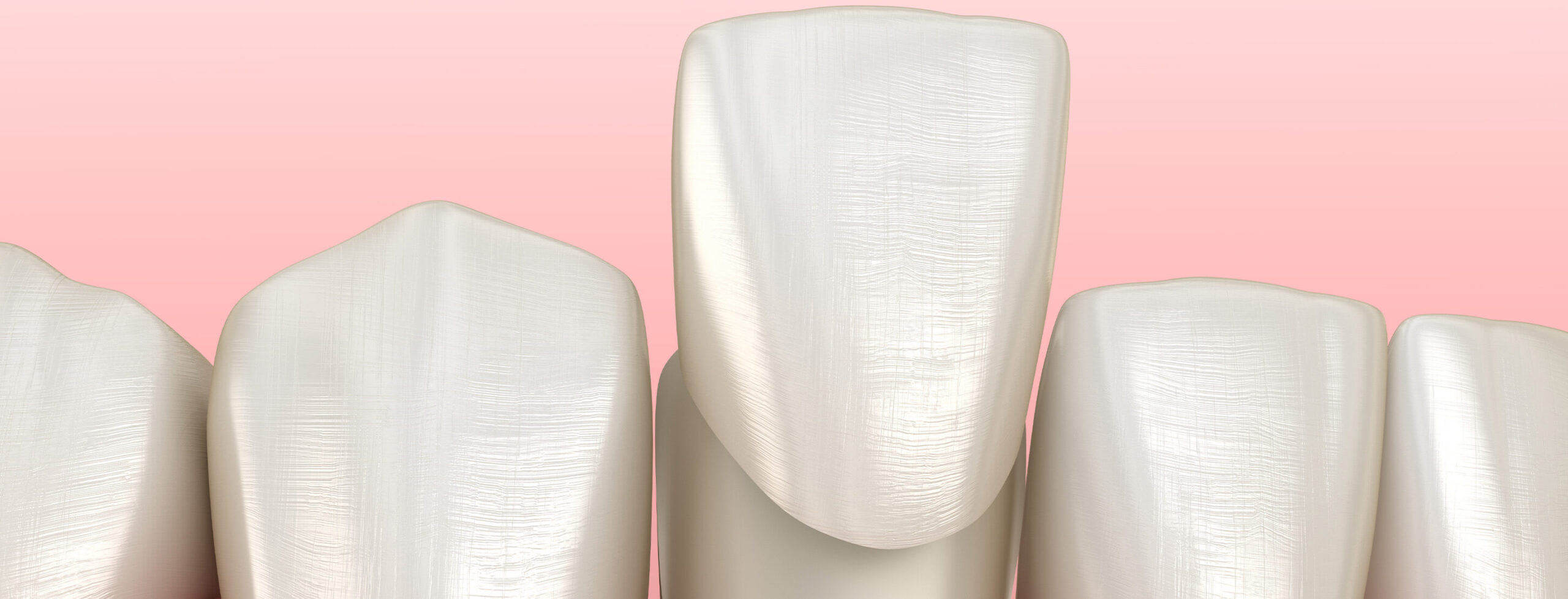Porcelain dental veneers typically last between 10 to 20 years, while composite resin veneers generally have a lifespan of up to 10 years. The longevity of your veneers depends greatly on how well you care for them.
To help your veneers last as long as possible, it’s important to practice good oral hygiene by brushing twice daily, flossing regularly, and attending routine dental check-ups. Avoid habits that can damage your veneers, such as biting down on hard objects, chewing ice, or using your teeth as tools.
While veneers are designed to be durable and stain-resistant, they are not indestructible. Over time, they may require replacement due to natural wear, chips, or other damage.
After having a dental veneer fitted, it’s important to take certain precautions to protect your new smile. You should avoid biting or chewing on hard objects like ice, boiled sweets, pens, or fingernails, as these can damage the veneers or weaken the bonding material that holds them in place.
Additionally, try to minimise habits such as teeth grinding or clenching, which can also put excessive pressure on veneers and cause them to chip or crack. If you grind your teeth at night, your dentist may recommend a custom night guard to protect your veneers.
Maintaining good oral hygiene and visiting your dentist regularly will also help ensure your veneers stay strong and beautiful for years to come.
Getting a dental veneer fitted is generally a comfortable procedure. Before starting, your dentist will use a local anaesthetic to numb the area around the tooth, ensuring you don’t feel any pain during the treatment.
After the procedure, it’s common to experience some minor discomfort or sensitivity, especially to hot or cold temperatures. This usually subsides within a few days as your mouth adjusts.
Your dentist will provide aftercare instructions to help manage any temporary sensitivity, and if needed, recommend over-the-counter pain relief. Overall, most patients find the process to be painless and straightforward, with the rewarding result of a beautiful, natural-looking smile.
If you’re unhappy with the appearance of your teeth—whether due to discoloration, chips, gaps, or uneven shapes—dental veneers may be an effective solution to enhance your smile.
The best way to determine if veneers are right for you is to schedule a consultation with your dentist. During this appointment, your dentist will perform a thorough examination of your teeth, assess your oral health, and discuss your cosmetic goals and expectations.
Based on this evaluation, your dentist can recommend whether veneers or an alternative treatment would best meet your needs, helping you achieve a natural, beautiful smile.














